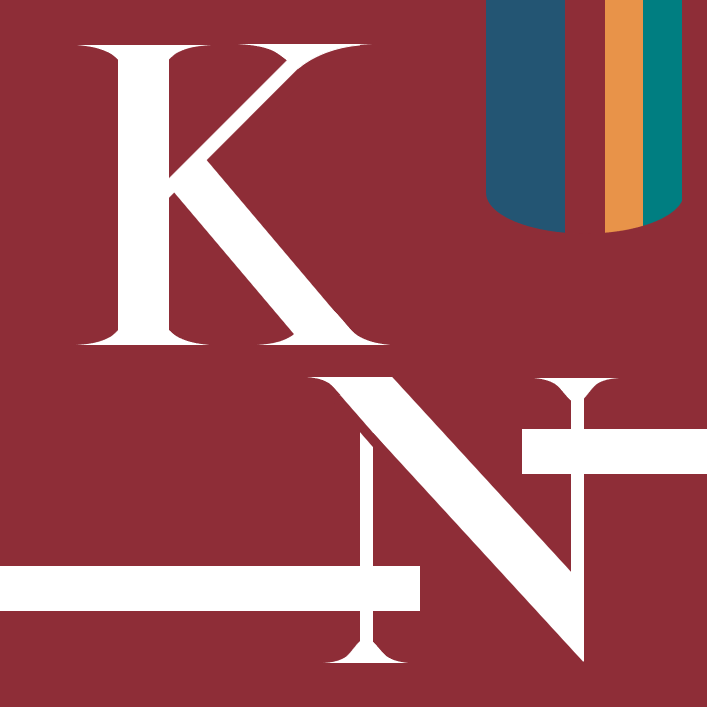I love to share my engineering knowledge and experience with my students. Whenever I have to explain something to someone, I have to think it through more thoroughly than I otherwise would. Lecturing reveals “holes” in my understanding and encourages me to engage in lifelong learning. I am a passionate teacher and I take teaching very seriously. I believe a good teacher should be able to put himself/herself into the student’s shoes and to deliver his/her lesson accordingly. My teaching approaches as a university professor are briefly outlined below:
For Undergraduate classes:
Concept-based teaching – I like to focus on conceptual models and the underlying principles in all the engineering courses that I offer. At least 50% of the time should be devoted to the conceptual framework in order to deliver the “big picture” to the students. The course content should help students to acquire the necessary skills to serve their educational goals and job prospects. Tedious engineering calculations without sound theoretical background are meaningless, especially to students in their junior years.
Course content and teaching style – Setting realistic expectations and specific learning outcomes orient students to accomplish the course goals and objectives. These goals and objectives should be explicitly made public in the first lecture and should not change without the mutual agreement of both parties. The breadth and depth of the course material should reflect the interests and academic maturity of the target audience. I like to create a warm and open learning environment to encourage students’ participation. Clarity in notes/illustrations, the use of visual aids and demonstrations, field trips/site visits and design projects are emphasized. In addition, I also support undergraduate research, which is of great value in introducing students to graduate studies, thereby nurturing future researchers.
Student assessment – Fair assessment and prompt response promote an open learning atmosphere and motivate students. A sensible design of the test questions and marking schemes, together with a careful blend of short and long answers, balances the accuracy of the assessment and the burden of the grading effort. To facilitate student-centered learning, I also use alternative assessment tools such as group projects, presentations, reflective journals, and peer-evaluation. Assessments are done throughout the semester in various forms (pop-quizzes, 1-minute paper, etc.) to encourage students to think and integrate their knowledge. I like to use absolute grading system where students’ performances are graded with respect to the intended learning outcomes.
Feedback and self-reflection – Every individual is unique and therefore every class is different in some way. Teaching style, focus and pace should reflect the interests of the audience. Feedback and improvement can be made by meeting and talking to students regularly and implementing the necessary changes. In larger classes where two-way communication is limited, I like to conduct informal mid-semester teaching evaluation occasionally to identify the needs and wants of the students.
For Graduate classes and Research students, I'd also like to provide:
Effective academic leadership – Doing research takes various skills such as identifying questions, developing theorems, conducting experiments and expositing results, and I like to assure the importance of these skills to my research students. As a lecturer, I like to offer courses that are useful and interesting to students. As an academic adviser, I encourage students to pursue their interests with the highest standards of rigor, without imposing my own intellectual agenda on them. I seek to understand my students’ interests and strengths through both formal guidance and social activities. I respect my students’ needs and strive to protect their academic interests.
Sincere teacher-student relationship – I have been lucky in being able to work with many excellent teachers and mentors throughout my formative years. One way or another, they shaped my character which led to my values and beliefs. Good mentors teach their lessons indirectly, often through their actions rather than through their words, and I like to establish a similar relationship with my students. Research and conducting experiments can be a lonely activity, and it is easy to spend endless hours in front of a computer without human contact. Good mentor-mentee relationships make the job less solitary.
Integrated career and personal development – I like to highlight the professional and ethical responsibilities and obligations to the younger members of my profession through the day-to-day interactions. Selected case histories are shared in class, and students should be able to appreciate not just the analytical aspects but also the impact of the engineering solutions in a global/societal context. Nowadays engineering problems are complex and multidisciplinary in nature, and capabilities such as breadth of knowledge, communication and interpersonal skills, critical thinking skills, etc., are all necessary in equipping our engineering graduates to face the challenges of the 21st century.
I believe a perfectly-delivered lecture should be filled with insights that are novel and profound, yet totally comprehensible to the audience.
Click HERE for a complete listing of my teaching evaluations at University of Regina.
Last revised: Jan, 2026.
